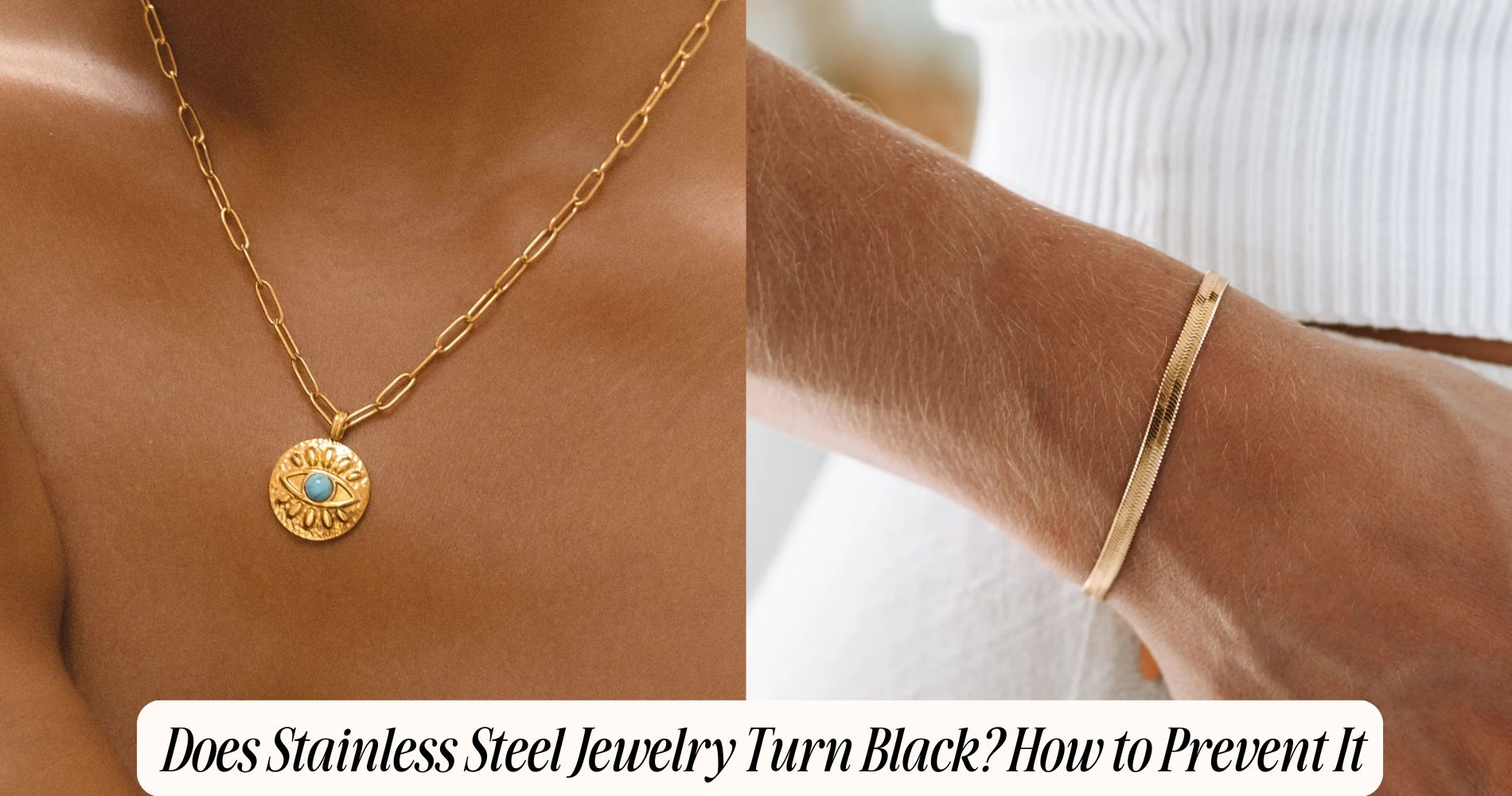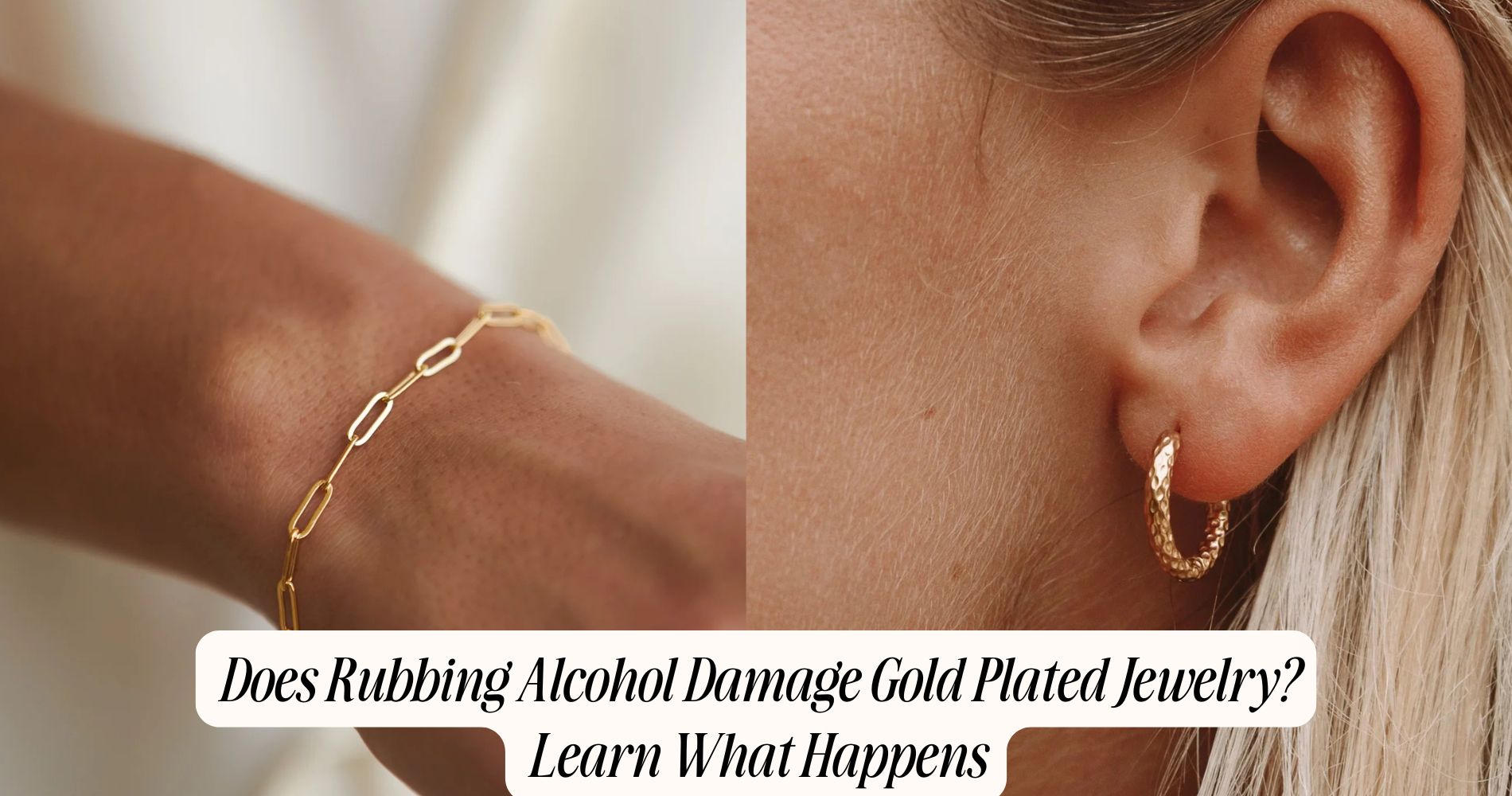
Should You Wear Earrings Everyday? Pros and Cons Explained
Should you wear earrings everyday? While daily wear can boost your self-expression, maintain your piercings, and even enhance social confidence, it also comes with potential risks—like allergic reactions, infections, and irritation. This is especially true if you have sensitive skin or skip regular cleaning. To minimize complications, choose hypoallergenic materials like surgical steel or titanium (check out our Allergy-Free Earrings Collection for safe, stylish options), follow good hygiene practices, and give your ears occasional breaks. Not sure if daily wear is right for you? Let’s explore the pros and cons.
Benefits of Wearing Earrings Daily
Although individual experiences vary, wearing earrings daily may offer several potential benefits supported by clinical observations. You might notice enhanced self-expression, as earrings are a versatile accessory that lets you participate in evolving fashion trends.
Clinically, the act of routine jewelry use can reinforce a sense of identity and social belonging, especially in cultures where earrings hold significant cultural significance. Health professionals note that regular use may help maintain the patency of the ear piercing, reducing the likelihood of closure or stenosis.
However, you should select hypoallergenic materials to reduce irritant or allergic contact dermatitis. While daily wear can positively influence psychological well-being and social confidence, it’s important to remain attentive to any emerging local skin reactions or discomfort for optimal outcomes.
Potential Risks of Everyday Earring Use
While daily earring use can offer aesthetic and psychological benefits, it also introduces certain clinical risks you should consider. Wearing earrings continuously may increase your exposure to allergy reactions, particularly if you're sensitive to metals like nickel. Allergic contact dermatitis can develop, causing redness, itching, and swelling around the piercing site.
In addition, infection risks rise with prolonged wear, especially if you neglect proper hygiene or the earrings cause microtrauma to the skin. Bacterial colonization can lead to local inflammation, discharge, or, in rare cases, systemic infection.
To mitigate these risks, regularly clean both your earrings and your earlobes, and monitor for any signs of irritation or infection. If symptoms persist, consult a healthcare professional to prevent complications and ensure safe earring use.
Choosing the Right Materials for Sensitive Ears
Because sensitive ears are particularly prone to irritation, it's important to select earring materials that minimize allergic reactions and adverse skin responses.
If you have a history of metal allergies, you should avoid common allergens such as nickel or brass.
Clinically, hypoallergenic options like surgical-grade stainless steel, titanium, niobium, or high-karat gold (at least 14K) are associated with reduced incidence of contact dermatitis.
Medical literature suggests that platinum is another inert choice, offering biocompatibility and minimal reactivity.
Always verify product labeling, since “hypoallergenic” isn’t strictly regulated.
You may want to perform a patch test before wearing new materials extensively.
Consider consulting a dermatologist if you experience redness, swelling, or persistent discomfort, as individualized recommendations will best mitigate adverse reactions and maintain ear comfort.
Tips for Maintaining Ear Health
Selecting appropriate materials is only one aspect of protecting your ears; consistent care practices further reduce the risk of complications.
To minimize the likelihood of ear infection, clean both your earrings and earlobes regularly with a gentle antiseptic solution or saline. Avoid sharing earrings, as this increases the transmission risk of pathogenic microorganisms.
You should remove earrings before sleeping to prevent microtrauma and accumulation of debris, which can lead to skin irritation or infection.
If you notice redness, swelling, or persistent discomfort, discontinue use and consult a healthcare provider, as early intervention is vital.
Limit the duration of continuous wear, allowing your skin to recover and breathe.
How to Style Earrings for Everyday Wear
Although personal style preferences vary, choosing earrings for everyday wear should prioritize both aesthetics and anatomical compatibility.
Opt for lightweight materials such as surgical-grade stainless steel or titanium to minimize the risk of allergic contact dermatitis and mechanical trauma to the earlobe.
Smaller studs or hoops are less likely to cause tissue stretching or snag on clothing.
Integrate styling accessories like minimalist ear cuffs or interchangeable charms to diversify your look without increasing physical strain on the piercing site.
Practice diligent earring storage; use a clean, compartmentalized container to prevent contamination and mechanical damage.
Prioritize regular inspection for debris or signs of irritation.
When to Give Your Ears a Break
Even with careful earring selection and hygiene, your ears require periodic rest to preserve tissue integrity and reduce the risk of complications. Prolonged wear increases the likelihood of irritation, delayed piercing healing, and contact dermatitis.
Clinical studies recommend removing earrings for several hours each week, especially if you notice redness, swelling, or tenderness. If you participate in ear stretching, downtime is even more critical to prevent microtears and scar tissue formation.
Allowing your ears to breathe supports natural epithelial repair and reduces exposure to allergens or pathogens. After recent piercings, follow your piercer’s guidelines, as premature removal may compromise healing.
For established piercings, listen to your body—if discomfort persists, extend rest periods and consult a healthcare professional if symptoms escalate.
Frequently Asked Questions
Can Wearing Earrings Affect Hearing Over Time?
Wearing earrings typically doesn’t cause long term hearing impact. However, you should monitor for ear infection risks, since chronic or severe infections in the ear canal could theoretically affect hearing. Prioritize hygiene and consult professionals for persistent symptoms.
Are There Cultural Meanings Behind Daily Earring Use?
You’ll find daily earring use often carries cultural symbolism and reflects daily traditions in various societies. Anthropological evidence suggests these adornments may signify status, identity, or rites of passage. Consult cultural experts before adopting unfamiliar practices.
Do Earrings Interfere With Headphones or Headsets?
When you wear headphones or headsets, certain earring styles—especially large hoops or studs—can cause mechanical irritation or pressure. Prioritize earring hygiene, as trapped moisture or friction may increase your risk for local skin infections or contact dermatitis.
How Do I Travel Safely With Valuable Earrings?
When traveling, use a secure jewelry storage case to minimize loss or damage. Prioritize earring hygiene by cleaning earrings before and after wearing. Avoid exposing valuable earrings to moisture or excessive force, reducing risk of infection or deformation.
Can Men Wear Earrings Every Day Without Issues?
You can wear earrings daily as part of men's fashion, but monitor for irritation, infection, or allergic reactions. Prioritize jewelry maintenance, regularly clean both earrings and piercings, and consult a dermatologist if persistent dermatological symptoms occur.
Conclusion
Wearing earrings daily offers aesthetic benefits, but it’s essential to consider potential complications like allergic contact dermatitis or infection. Choose hypoallergenic materials and maintain strict hygiene to minimize risks. If you notice irritation, pain, or discharge, remove your earrings and consult a healthcare professional. Ultimately, listen to your body—regular breaks can support ideal ear health. With clinical vigilance and proper care, you can enjoy earrings safely in your daily routine.























Leave a comment
This site is protected by hCaptcha and the hCaptcha Privacy Policy and Terms of Service apply.